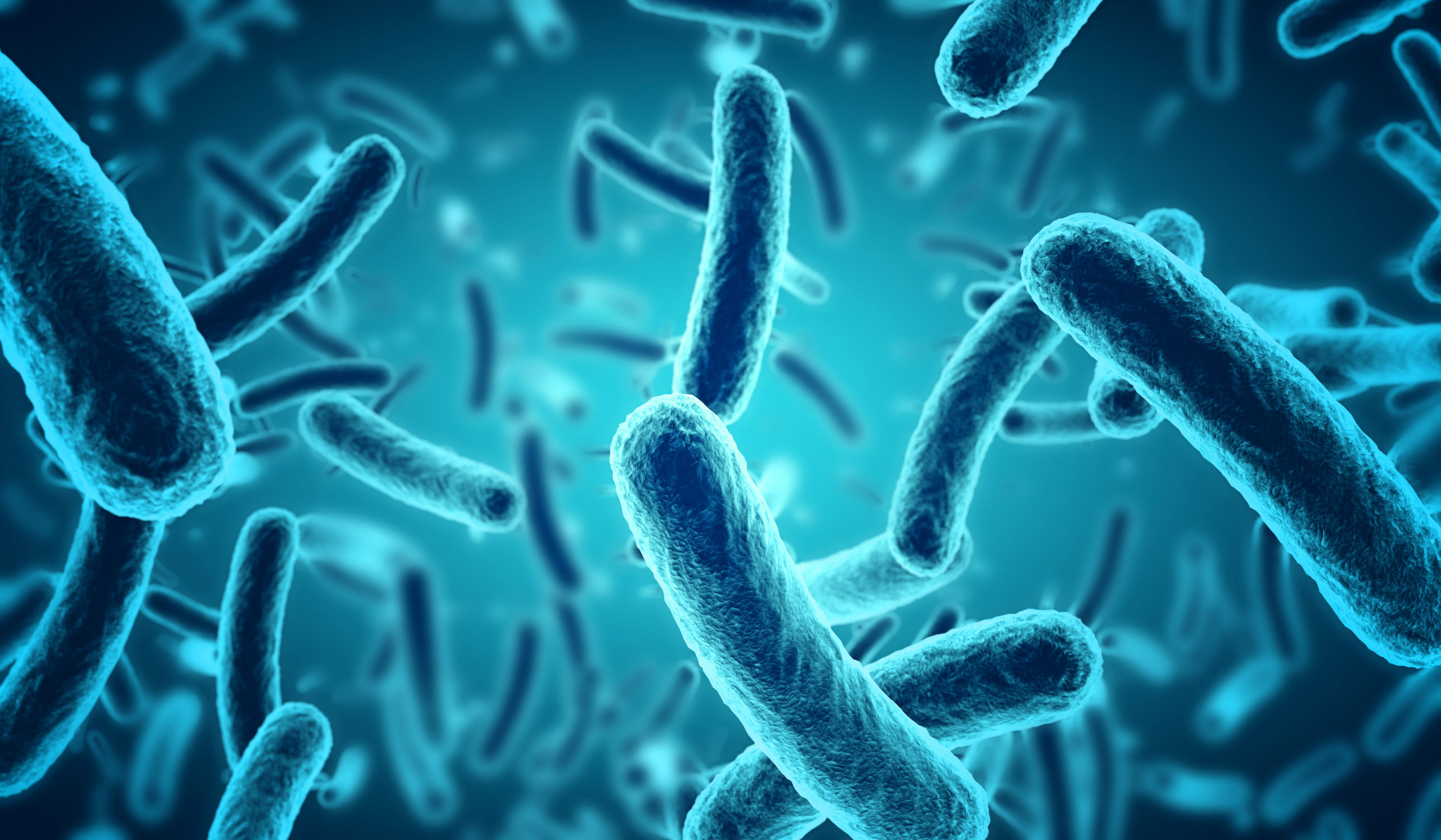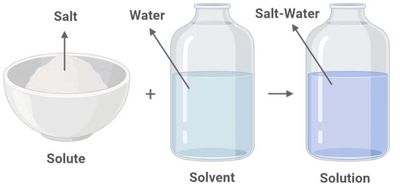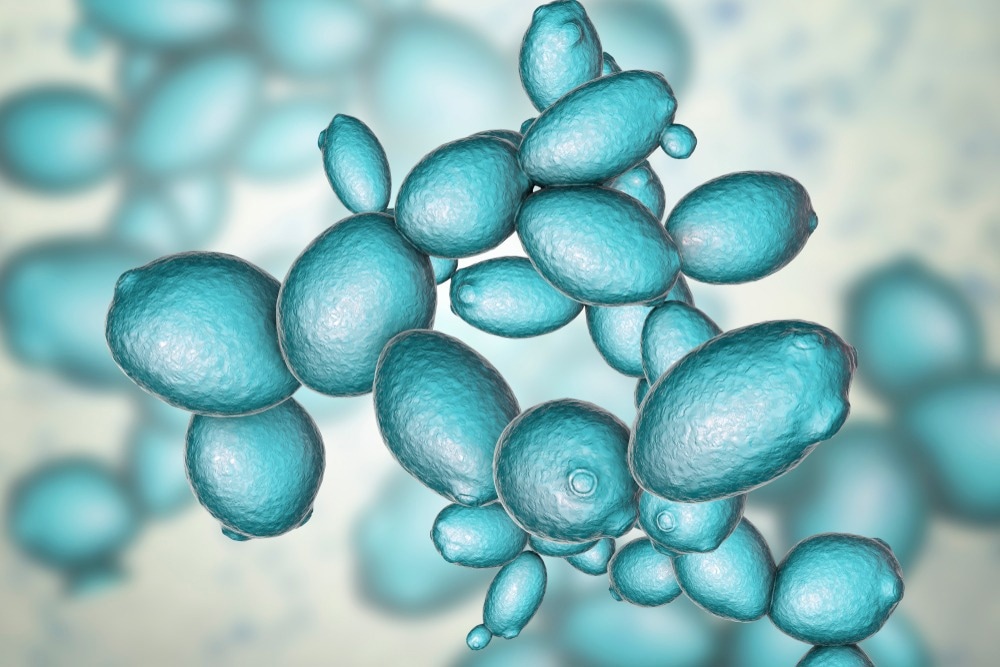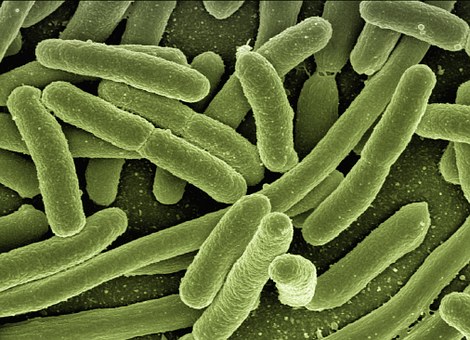What is a physical change? Give two examples.
Examples: Ice melting into water, tearing a piece of paper.
Which of the following setups will create an electromagnet?
A:A coil of copper wire wrapped around a wooden stick connected to a battery
B:A coil of copper wire wrapped around a soft iron core connected to a battery
C:A coil of copper wire wrapped around a plastic tube connected to a battery
D:A coil of copper wire wrapped around a plastic tube connected to a battery
Answer:B:A coil of copper wire wrapped around a soft iron core connected to a battery
What are Constructive & Destructive forces?
Constructive Forces:A Constructive force is a process that raises or builds up the surface features of the Earth.
Destructive Forces:A Destructive Force is a process that lowers or tears down the surface features of the Earth.
What is a Microorganism?
A tiny living organism that can only be seen under a microscope.

What is an inherited trait? What is an acquired trait?
An inherited trait is a physical characteristic passed down from parents to their offspring through genes.
Example: Eye color, hair type, dimples.
An acquired trait is a physical characteristic a person develops over time due to environment, experience, or lifestyle.
Example: Scars, dyed hair, muscles from exercise.
What happens when salt dissolves in water? Does this change its chemical composition?
Salt dissolves in water by breaking into smaller particles (ions) that spread throughout the liquid.
No, the chemical composition of salt (NaCl) does not change; it is still salt, just mixed into the water.

How could you increase the strength of an electromagnet?
A:increase the number of turns in the coil of wire
B:use more current
C:use a larger bar
D:All of the above
Answer:D:All of the above
what are examples of destructive forces?
Examples:Weathering, Mechanical/Physical, Chemical, Erosion, Volcano, Earthquake Acuity.
Name two examples of beneficial Microorganisms. 

1) Lactobacillus (used in yogurt production)
2) Saccharomyces cerevisiae (a type of yeast used in baking and brewing)

 Saccharomyces lactobacillus cerevisiae
Saccharomyces lactobacillus cerevisiae
How is an inherited trait different from an acquired trait? Can you give an example of each?
Difference: Inherited traits come from your parents and are present at birth. Acquired traits are gained after birth through experience or environment.
Example:
Inherited trait: Naturally curly hair
Acquired trait: A pierced ear
Compare and contrast mixing sand with water versus mixing salt with water. How do their physical changes differ?
When sand is mixed with water, it does not dissolve; instead, it settles at the bottom. This is a suspension.
When salt is mixed with water, it dissolves completely, forming a solution.
A factory uses electromagnets to lift heavy metal objects. Which material should be used for the core of these electromagnets to ensure they can release the objects quickly?
soft iron
What is the difference between a Constructive Force and a Destructive Force.
Constructive forces build up landforms by adding material to the Earths surface,While Destructive Forces break down landforms by removing or reshaping existing material.
Compare beneficial and harmful Microorganisms.
Beneficial microorganisms help with processes like digestion, food production, and decomposition. Harmful microorganisms can cause diseases and spoil food. For example, E. coli can be harmful, while Lactobacillus is beneficial.


Why is it important to understand the difference between inherited and acquired traits when learning about how living things grow and change?
Understanding the difference helps us know what traits we’re born with and what traits can change over time. This is important in science and health—like knowing if a disease runs in a family (inherited) or came from a person’s lifestyle (acquired). It also helps us see how organisms adapt to their environments.
Sample explanation:
“It’s important because inherited traits help explain family traits or genetic diseases, while acquired traits show how someone’s environment or choices affect how they look or grow.”
When you heat a piece of iron, it turns red and becomes hot. Is this a physical change or a chemical change?
This is a physical change.
Oersted made the discovery that electric current creates a ________.
Magnetic field
What is an example of surface features caused by destructive forces.
Caverns/Carbonic Acid
Using at least two pieces of scientific evidence, construct an argument that supports the claim that some microorganisms are beneficial to human health.
Many microorganisms are essential to human health. For example, gut bacteria like Bifidobacterium help digest food and produce vitamins such as B12. Studies show that probiotics can improve digestion and strengthen the immune system. Therefore, not all microorganisms are harmful; some are vital for our well-being.
Create a chart that compares the physical traits of a child and their parent(s). Label each trait as inherited or acquired. Then, explain how knowing which traits are inherited helps scientists or doctors learn about health and development.

Which of the following is NOT a physical change.
Freezing
boiling
melting
burning
Answer:Burning
In a recycling plant, how can an electromagnet be used to sort iron cans from aluminum cans?
By attracting the iron cans with the electromagnet.
Create an image that shows a Destructive force.
example:
Design an investigation or multimedia presentation that presents an argument, supported by scientific evidence, showing how microorganisms can be used in environmental cleanup efforts (e.g., oil spill bioremediation).
[Sample project idea] Students could create a video presentation explaining how certain bacteria, like Pseudomonas putida, are used to break down oil in marine environments. The presentation would include data from case studies (e.g., the Deepwater Horizon spill) and interviews or quotes from environmental scientists, showing how these microbes reduce pollution and support ecosystem recovery.
Explain how might a living species acquire certain traits?(List and explain 3 ways)
